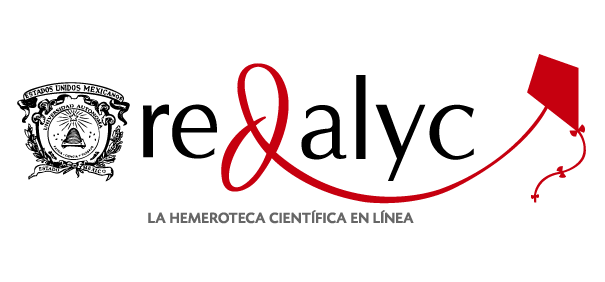Boundary crossing and learning: A study on "job rotation" situations
DOI:
https://doi.org/10.12712/rpca.v12i4.12616Abstract
The purpose of this study was to understand how individuals experience learning in the workplace, and shed light on possible factors that may contribute to an environment conducive to learning in organizations. A phenomenographic approach was chosen with the intention to capture the variation in individuals’ learning conceptions. The findings revealed three conceptions of learning: Learning resulting in individual change; learning resulting in collective practice (routine) change; and learning resulting in innovation. Those conceptions were explained by five explanatory dimensions: learning concept; learning drivers; learning content; learning means; learning obstacles; and learning meanings. The unveiling of how different learning experiences generate different levels of impacts on organizations and the proposal of some ways to enhance the transit from less complex learning experiences to more complex ones are the main contribution of this paper.
Downloads
Downloads
Published
Issue
Section
License
Authors retain the copyright and grant the journal the right of first publication with simultaneously license under the Creative Commons Attribution License, permitting sharing the paper with acknowledgment of its first publication in this journal.
Authors are allowed to take additional contracts for non-exclusive distribution of the version of the paper published in this journal (eg, publish in institutional repository or publish as a chapter of a book), always with an acknowledgment of its initial publication in this journal.


